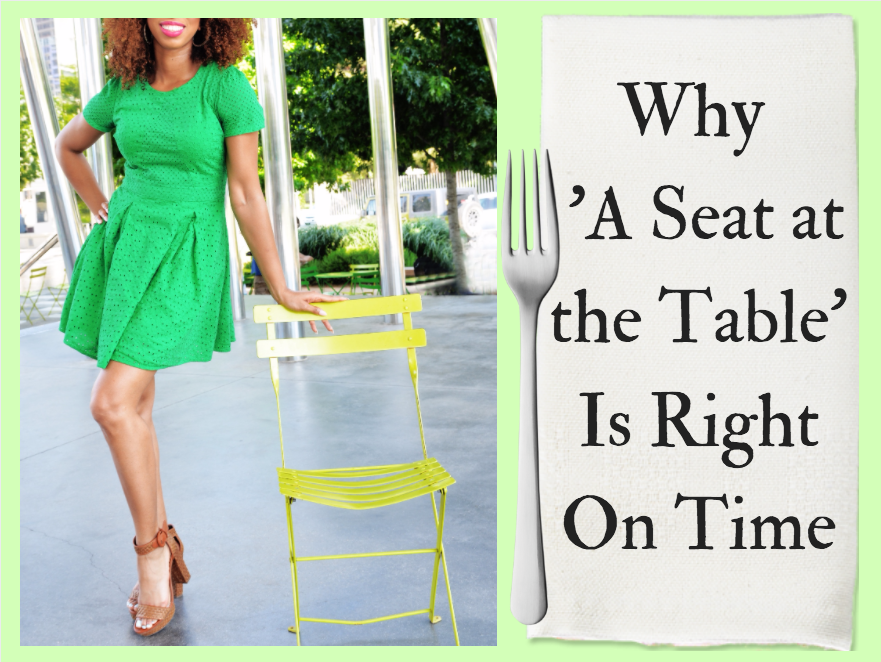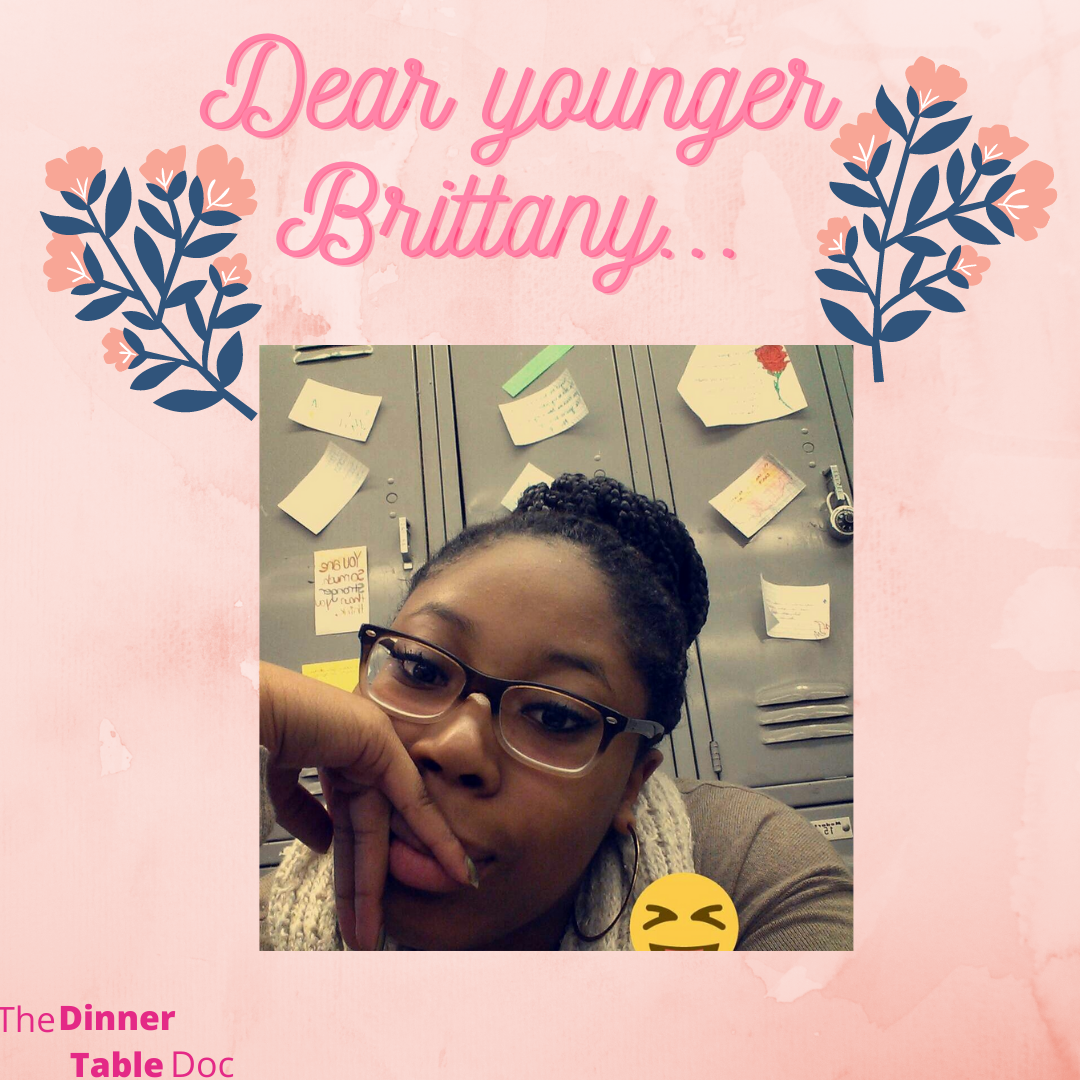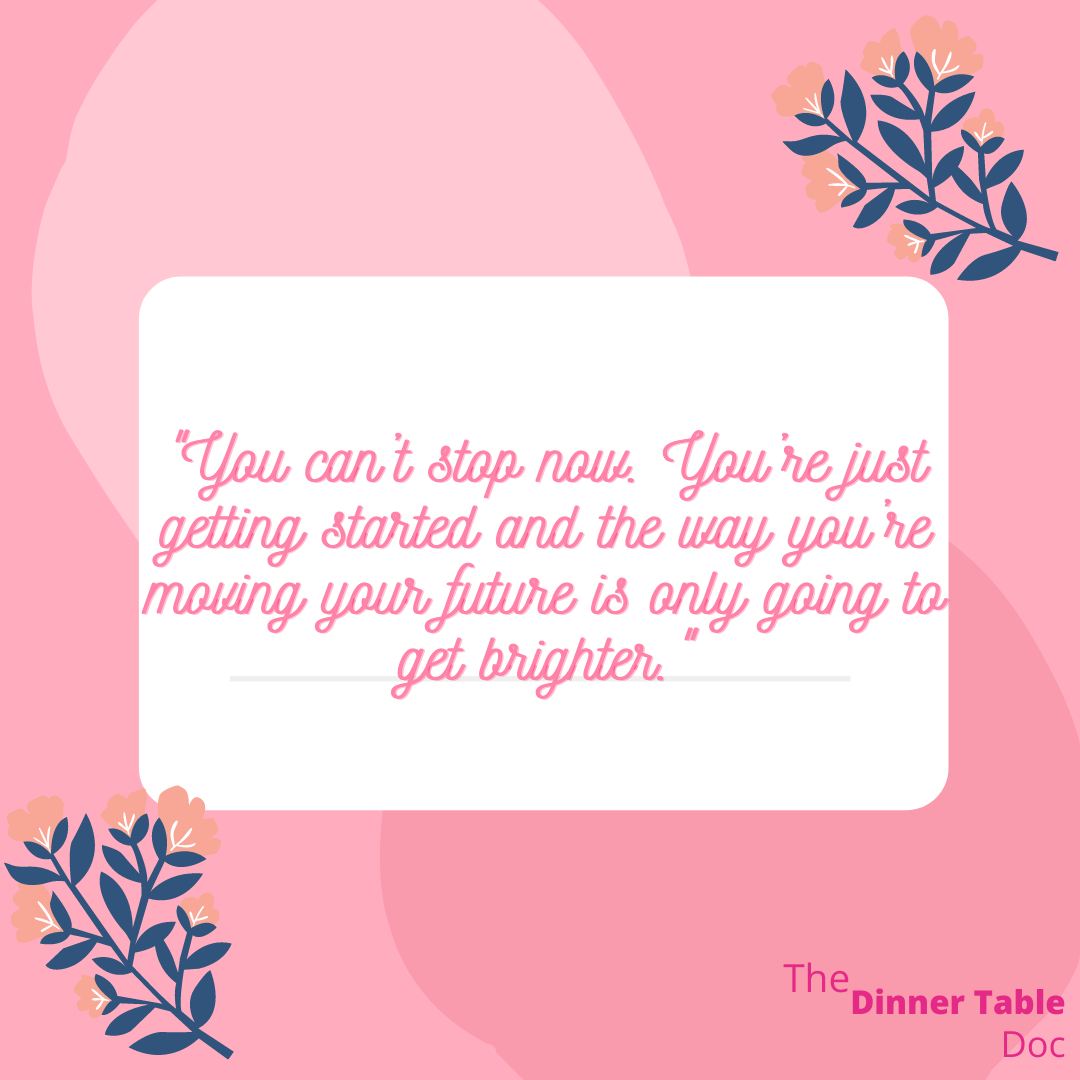|
Cultural appropriation, systemic violence, microaggressions; these are all topics addressed in “A Seat at the Table.” Solange Knowles has just released her third studio album–an ethereal, melodic collection that has already received an immense amount of critical acclaim. As an album with pro-Black roots, what makes the album so important right now? While the songs present an abstract point of view, Solange’s interludes show real life examples through the stories of Mathew Knowles, Tina Lawson, and Master P. Three different accounts plus beautiful lyrics tell us one unified story; a story that all Black people can relate to. Image via CreateHerStock.com Cranes in the Sky I tried to drink it away I tried to put one in the air I tried to dance it away I tried to change it with my hair “Cranes in the Sky” is an example of how many of us handle pain. Rather than addressing the root of the problem, we can find other ways to channel the negative energy. At first, it works out. Everything seems fine and we're no longer focusing on negative thoughts. Eventually, the negative feelings resurface–usually at a rate that’s even worse than how the original feeling presented itself. Distractions can only go so far. Dad Was Mad “So I was just lost in this vacuum between integration and segregation and, and racism. That was my childhood. I was angry for years... angry, very angry.” Mathew Knowles attended school in a very interesting time period. Prior to integration, Black students were subject to harassment and violence for attempting to attend higher quality white schools that were closer to their homes. It was a different period of racism. He was angry. He had absolutely every right to be, and so do we. Mad I ran into this girl, she said, "Why you always blaming?" "Why you can't just face it?" "Why you always gotta be so mad?" (Be mad, be mad, be mad) I got a lot to be mad about (Be mad, be mad, be mad) We've had those moments when we've been minding our business on Twitter, and then someone you follow says, “It's not always about race!” or “Slavery was 150 years ago!” You shake your head and keep scrolling, unwilling and unable to debate with someone who can't understand your pain because they'll never go through it. It's okay to be angry! The “angry black woman” stereotype was put in place to belittle us. In what world is it considered violent or inappropriate to be angry about being mistreated? Tina Taught Me “It's such beauty in Black people, and it really saddens me when we're not allowed to express that pride in being Black, and that if you do, then it's considered anti-white. No! You just pro-black. And that's okay.” Black pride is okay. It's okay to be proud of your brown skin, kinky hair, and wide nose. Don’t let anyone ever tell you otherwise. We're beautiful. Don’t Touch My Hair Don't touch my hair When it's the feelings I wear Don't touch my soul When it's the rhythm I know Don't touch my crown They say the vision I've found Don't touch what's there When it's the feelings I wear “Wow! I love your hair! It’s such so.. Big! Can I touch it?” A lot of people aren't able to identify why this microagression is so harmful. For Black women, our hair holds significant power. Like Solange says, it's our crown, our soul. It represents so much more than just strands of keratin. Does Queen Elizabeth let just anyone walk up to her and touch her crown? I doubt it. This Moment “If you don't understand us and understand what we've been through, then you probably wouldn't understand what this moment is about. This is home. This is where we from. This is where we belong.” For Us By Us “And I, I took that anger and said, ‘I'mma put it into my music.’ I tell people all the time, ‘If you don't understand my record, you don't understand me, so this is not for you.’” Pedestals Black kids have to figure it out! We don't have rehabs to go to. You gotta rehab yourself. But for us, you can't pull the plug on us and tell us it's over. Not me! The Chosen Ones Now, we come here as slaves, but we going out as royalty, and able to show that we are truly the chosen ones. Master P validated our Blackness; he’s teaching us to be unapologetic. They don’t like what you’re doing? Forget them. It’s not for them. Our paths can be much more different than other races. Oftentimes, we’re left on our own–left to figure out our own way. We don’t always know our direction or have any sort of assistance. “A Seat at the Table” truly represents Black pain, endurance, and perseverance. This album was able to say so many things a lot of Black people have been afraid to say, not only with strong, heartfelt lyrics, but also beautifully constructed melodies. It’s a way to say, “It’s okay to feel what you’re feeling. You’re not alone.” “A Seat at the Table” is almost a cry for help–it’s saying look at us, we’re broken, beaten, and upset. With all that being said, we’re also strong and unwilling to give up. This album offers self-affirmation, specifically for Black individuals. We needed this. We needed to have something that validates our feelings, evokes emotions, but remains positive. Like Master P said, if you don't understand, it's not for you. So, go ahead. Have a seat. Written By Autumn Dalton
1 Comment
|
Archives
May 2022
|



 RSS Feed
RSS Feed